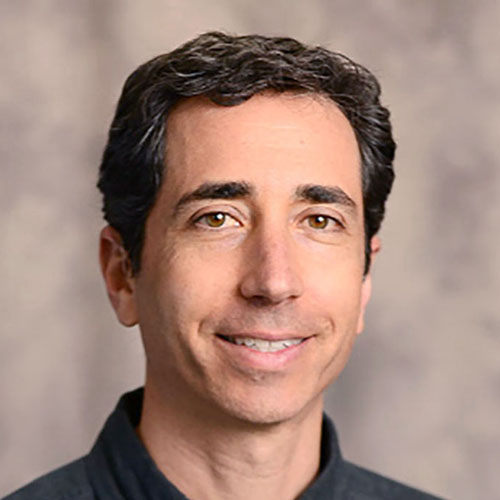
Eric Liebgold
Research Interests
My research interests involve conservation, ecological, and evolutionary questions relating to populations and the interplay between animal movements, genetic structure, and habitat. In my lab, we are currently studying IUCN endangered spotted turtles and state endangered tiger salamanders as well as declining species of ground-nesting warblers. Our current focus is on mark-recapture population size estimation, population connectivity, and habitat.
Prospective undergraduate and Master’s students are encouraged to read more about our lab and join us!
My lab page can be found at http://faculty.salisbury.edu/~ebliebgold/



